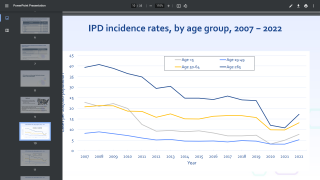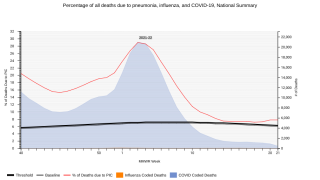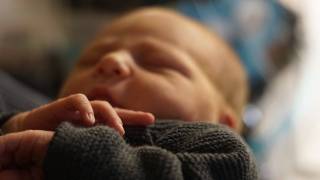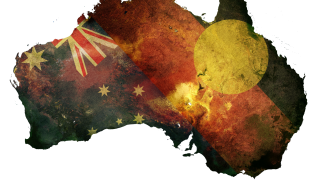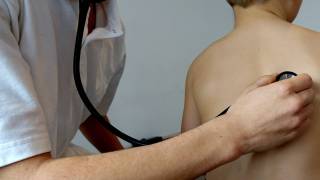PCV13 Vaccine Decreases Pneumococcal Bacteremia in Children
Pneumococcal disease has been the focus in various media campaigns, trying to increase consumer awareness of potential vaccines.
Pneumococcal infections can range from a minor ear to life-threatening complications, such as pneumonia and blood infections.
Children under the age of two and the elderly are among those most at risk for pneumococcal disease.
But it is treatable, if detected early.
A new study reported that vaccinations with the 13-valent pneumococcal conjugate vaccine (PCV13) were associated with a significant reduction of Streptococcus pneumoniae in children.
The researchers observed a 95.3% reduction of Streptococcus pneumoniae bacteremia after implementation of routine immunization with the pneumococcal conjugate vaccine, from 74.5 to 10 to 3.5 per 100,000 children per year, by the post-PCV13 period.
As pneumococcal rates decreased, Escherichia coli, Salmonella spp, and Staphylococcus aureus caused 77 percent of bacteremia.
"In the United States, routine immunizations have made bacteremia in the previously healthy toddler a rare event," the authors write. "New guidelines are needed to approach the previously healthy febrile toddler in the outpatient setting."
"The dramatic decline in S. pneumoniae bacteremia rates was clearly related to the impact of immunization," the authors write.
The PCV13 vaccine protects against 13 of the 90 types of pneumococcal bacteria.
PCV13 is routinely given to children at 2, 4, 6 and 12-15 months of age. It is also recommended for children and adults 2 to 64 years of age with certain health conditions, and for all adults 65 years of age and older.
Most healthy adults who get the vaccine develop protection to most or all of these types within two to three weeks of getting the shot.
As PCV13 has made bacteremia from S. pneumoniae a rare event, the authors say clinicians must focus on other pathogens that can cause severe illness in young children.
Anyone who has ever had a life-threatening allergic reaction to a dose of the vaccine, to an earlier pneumococcal vaccine called PCV7, or to any vaccine containing diphtheria toxoid (for example, DTaP), should not get PCV13.
Anyone with a severe allergy to any component of PCV13 should not get the vaccine.
No conflicts of interest were disclosed by the study authors: Dr Greenhow conceptualized and designed the study and drafted the initial manuscript; Dr Hung carried out the initial analyses and reviewed and revised the manuscript; Dr Herz conceptualized the study and critically reviewed and revised the manuscript; and all authors approved the final manuscript as submitted.
The research was supported by a grant from the Kaiser Permanente Northern California Community Benefit Program.
Our Trust Standards: Medical Advisory Committee


